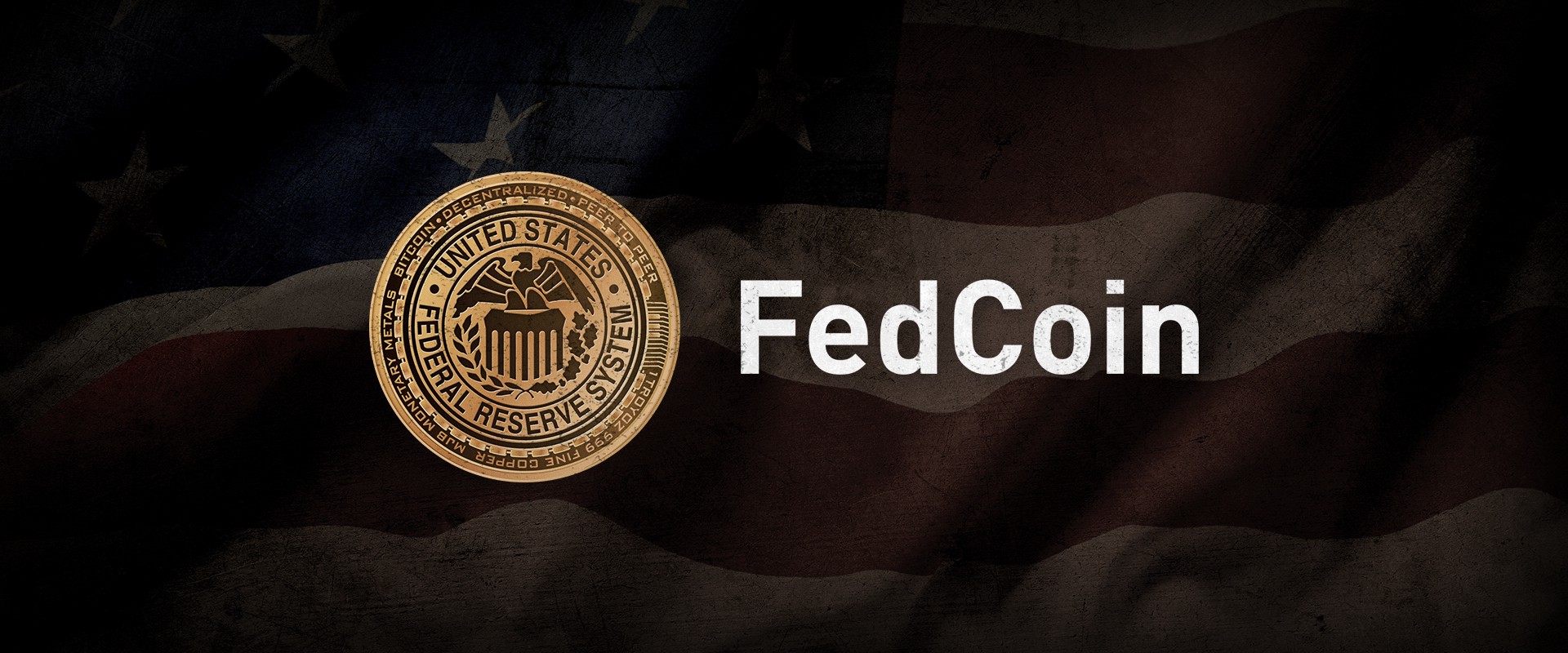PALO ALTO, Calif. (Reuters) - The Federal Reserve is taking a look at a broad series of problems around digital payments and currencies, including policy, design Home page and legal factors to consider around possibly issuing its own digital currency, Guv Lael Brainard stated on Wednesday. Brainard's remarks recommend more openness to the possibility of a Fed-issued digital coin than in the past." By changing payments, digitalization has the Continue reading potential to deliver higher worth and convenience at lower expense," Brainard said at a conference on payments at the Stanford Graduate School of Service.
Reserve banks worldwide are debating how to manage digital financing technology and the distributed journal systems utilized by bitcoin, which promises near-instantaneous payment at Have a peek here possibly low expense. The Fed is establishing its Look at more info own day-and-night real-time payments and settlement service and is presently evaluating 200 comment letters sent late last year about the proposed service's style and scope, Brainard said.
Less than two years ago Brainard informed a conference in San Francisco that there is "no compelling showed need" for such a coin. But that was prior to the scope of Facebook's digital currency ambitions were widely known. Fed officials, including Brainard, have raised concerns about consumer securities and data and privacy risks that could be posed by a currency that might enter into usage by the 3rd of the world's population that have Facebook accounts.
" We are teaming up with other central banks as we advance our understanding of Visit this website reserve bank digital currencies," she said. With more countries checking out providing their own digital currencies, Brainard said, that contributes to "a set of factors to also be making sure that we are that frontier of both research and policy advancement." In the United States, Brainard stated, problems that need study include whether a digital currency would make the payments system safer or simpler, and whether it might present monetary stability threats, including the possibility of bank runs if money can be turned "with a single swipe" into the reserve bank's digital currency.
To counter the financial damage from America's unprecedented national lockdown, the Federal Reserve has taken extraordinary steps, including flooding the economy with dollars and investing directly in the economy. Many of these relocations got grudging approval even from numerous Fed skeptics, as they saw this stimulus as needed and something only the Fed could do.

My brand-new CEI report, "Government-Run Payment Systems Are Risky at Any Speed: The Case Against Fedcoin and FedNow," details the dangers of the Fed's present prepare for its FedNow real-time payment system, and proposals for central bank-issued cryptocurrency that have actually been called Fedcoin or the "digital dollar." In my report, I talk about concerns about privacy, information security, currency control, and crowding out private-sector competitors and development.
Supporters of FedNow and Fedcoin say the government needs to produce a system for payments to deposit immediately, rather than encourage such systems in the private sector by lifting regulatory barriers. But as noted in the paper, the economic sector is providing an apparently endless supply of payment technologies and digital currencies to solve the problemto the extent it is a problemof the time space between when a payment is sent out and when it is received in a bank account.
And the examples of private-sector development in this location are numerous. The Clearing Home, a bank-held cooperative that has actually been routing interbank payments in different types for more than 150 years, has actually been clearing real-time payments because 2017. By the end of 2018 it was covering 50 percent of the deposit base in the U.S.